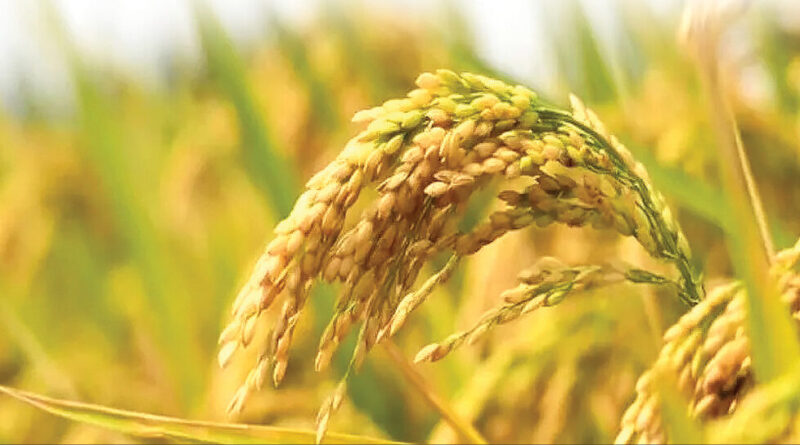‘New non-GM hybrid rice to be game changer for India,’ says Malu Nachreiner
By Sandip Das
Ecological and economic implications of transplanted rice production system in India remain an area of concern, says Malu Nachreiner, Asia Head at Bayer’s crop science division. In an interview with Sandip Das, she also discusses the challenges in expanding area under hybrid rice in the country and the multinational company’s plan to introduce non-genetically modified (GM) herbicide-tolerant hybrid rice by 2031.
Q: What are the solutions for sustainable rice production in India?
Ans: The way we produce rice, predominantly the transplanted rice system, is not sustainable in the long run. This is due to greenhouse gas emissions and labour costs that are becoming more challenging in India. As is known, India is the second biggest rice producer and the biggest exporters of the grain. Being such an important player in the rice value chain, the entire global industry is thinking about new ways of producing rice in a more sustainable way in India. That would indeed be beneficial to farmers from an economic standpoint. One kilo of rice production requires three to four and a half thousand liters of water.
Environmentally sustainable rice production is going to be a long journey. We at Bayer are anchoring it, and new technologies are being developed. For example, a non-genetically modified (GM) with herbicide tolerant (HT) trait can be a game changer, especially since weed management is one of the biggest challenges farmers face in rice production. This will aid shifting from the transplanted method to less water intensive Direct Seeded Rice (DSR) system. Due to the change in the cropping system and method, the weed emergence is higher in the DSR system.
Q: In India the area under hybrid rice cultivation is still very small…
Ans: The percentage of hybridization in India will certainly be one of the elements that will enable the scale of the DSR model. Assuming we have hybrids and non-GM HT technologies, we believe this will drive the adoption of hybrids and encourage farmers to shift to a different production system. Our focus is on developing this specifically for Indian conditions. This is still in the early stages of development, but we’re looking at a potential launch at the beginning of the next decade .But we are very confident that we will have good materials that will enable hybridization level in India via DSR adoption.
Q: Is this non-GM herbicide tolerant rice being developed specific to India?
Ans: As of now, the development has been focused on India, but as we progress, we could try these hybrids in other geographies. The first version of this technology has already been launched by the Indian Council for Agricultural Research specifically for Basmati varieties, last year. Currently, the hybrids were designed or developed for the transplanting system. But for the last few years, our team has been working to develop hybrids designed for DSR. That’s why these DSR- designed hybrids, supported by technology, will be a game changer for DSR. And this is what we expect toward the end of the decade or say early 2031.
Q: No new GM seed varieties have been approved in India since 2008. How do you see this?
Ans: The GM crop varieties are an additional tool that could help achieve efficiency in production. If I want to produce more efficiently, using fewer resources with the land we have – because we can’t keep expanding land – that’s one tool that can help farmers produce more in the same area. That’s why the seed industry is interested in offering this as an option to farmers. It is important to note that by the time India deregulates the GM (approval), it will be an option, not a mandate. It’s not like everything will turn into GM varieties, we’ve seen this in other countries where it remains a choice. We respect the legal framework in India
Q: What is the other focus of the company beyond rice?
We have three key businesses in India. One is rice, the other is corn. We see a great opportunity for our corn seeds in India. We know that India has huge ambition for ethanol and increasing corn acres, not only for ethanol but also for silage. The third one is our crop protection business, which addresses all crops. We also have a vegetable seeds business.
This article has been republished from The Financial Express.

